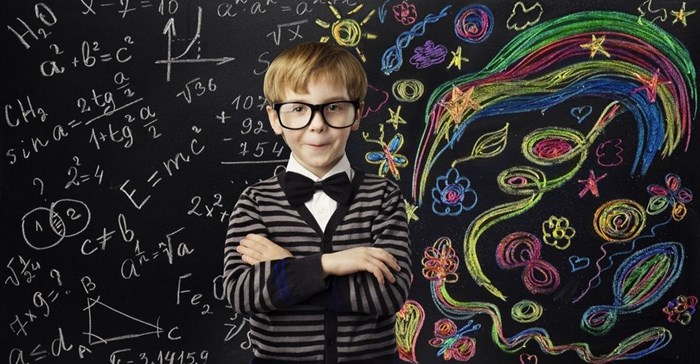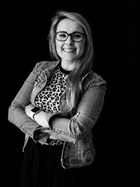This elusive and sought-after skill has piqued the interest of researchers and professionals from various backgrounds, locations, industries and expertise for decades. Having worked in the advertising industry for nine years, I have been fortunate enough to be exposed to creativity at its best, and worst.
The reality is that from a young age we are taught, and somewhat socially conditioned, to understand the world in which we live through various constructs and schemas. We know what works, we like what works, and we don’t like to deviate. We are told to think differently, but not too differently. But, we also know that an uncomfortable period of change means growth, development, innovation, and a new perspective.
To innovate and create, things have to change. And such is creativity.

In a sense, non-creative behaviour is learned. The majority of careers require specific types of thinking based on set theory and methodology. And so, over time, the application of these thought patterns is solidified. Unless you purposefully diversify your thinking.
We are inundated with information every day, so much so that our brains automatically block out irrelevant information so that we don’t waste precious energy. It means we are filtering so much information to fend off unwanted information that we sometimes miss something great.
In a post by August Turak on Forbes.com, creativity is aptly described as, “a skill that can be developed and a process that can be managed." Creativity begins with a foundation of knowledge, learning a discipline, and mastering a way of thinking. Contrary to popular belief, this is the combined work of the left and right brain. Research by the University of Tsukuba in Japan on neural networks for in artistic creativity confirmed that training (the focus of attention, belief, action) brings balance to the brain's hemispheres and increases creativity via reorganised hemisphere communication.
In branding we have the opportunity to explore, learn, understand and immerse ourselves into our clients' businesses and use creativity to change perceptions, push boundaries and turn convention on its head to elicit change that makes a difference, fosters advancement and answers relevant business problems. Progress is, in essence, disruptive. The creative process can be uncomfortable, daunting and uncertain, yet at the end worthwhile and rewarding.
For those forging the way and coming up with the ideas and striving to push the boundaries, and for our clients who trust us, creativity is an agile process, a journey and discovery. Creativity requires bravery and the mindset to forget (even if just for a little while) what you once thought you knew. In its process, it teaches you and humbles you – and if you refuse to give up until the end; you have an incredible result that at the outset could not have been imagined.
I often find myself revisiting the creative process and how to get the best out of my ideas and my mind's inner workings. It’s one thing to have access to data, information and knowledge; it's an entirely different thing to humanise the data and make it useful. It's the ability to achieve the right connections and synthesis of what our minds are continually filtering – that is creative ability.
Myth or talent, given only to the select few? While many people have plenty to say about creativity, not as many can tap truly into it because it’s difficult, it’s messy, and it takes guts, and not everyone is willing to risk that.
Creativity demands tenacity and intelligence. Creativity also calls for conscience. It is the driver that has the power to influence and change perceptions, behaviour and beliefs. It can instil hope and mobilise a community. It asks that we question everything and be open to it.
